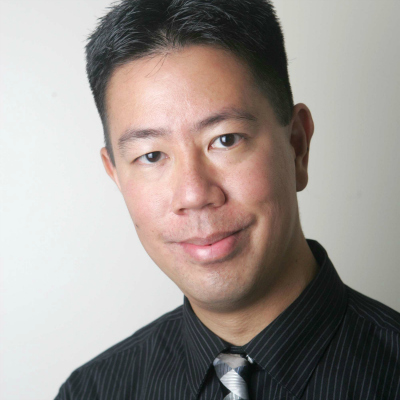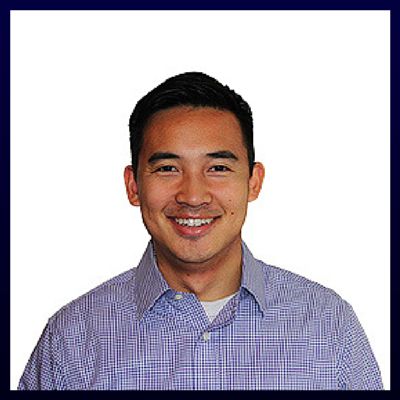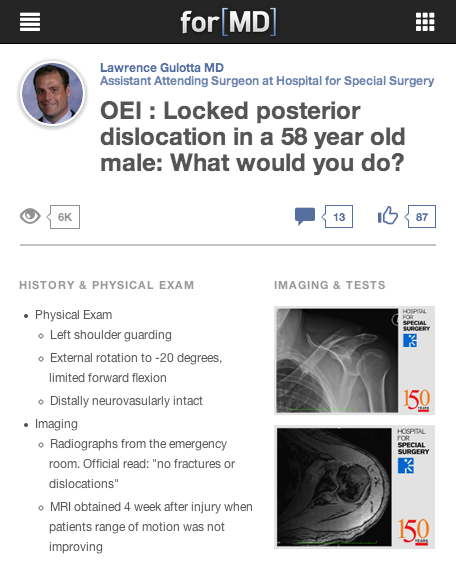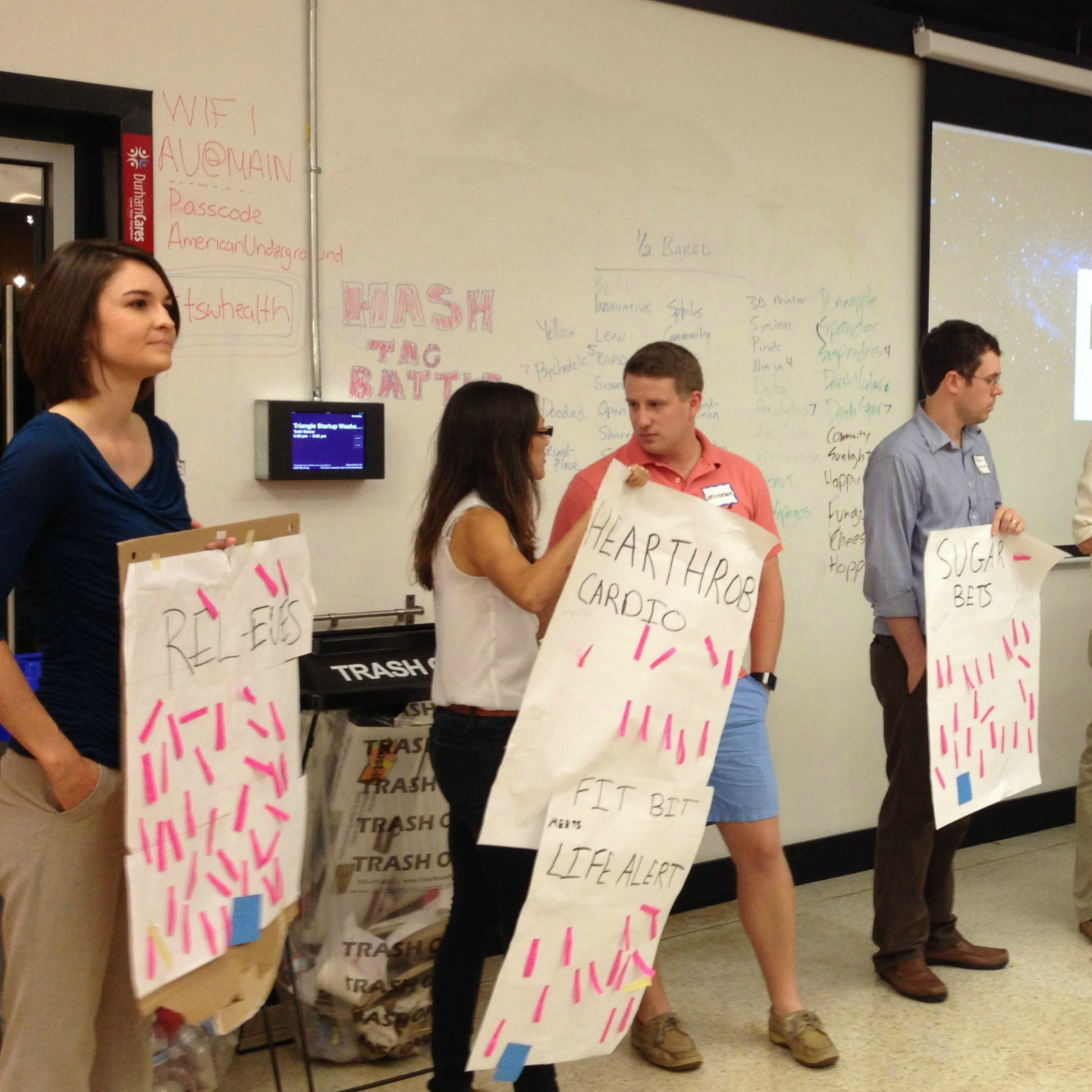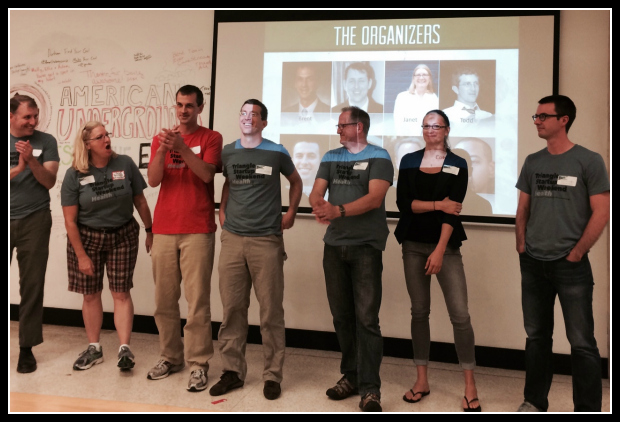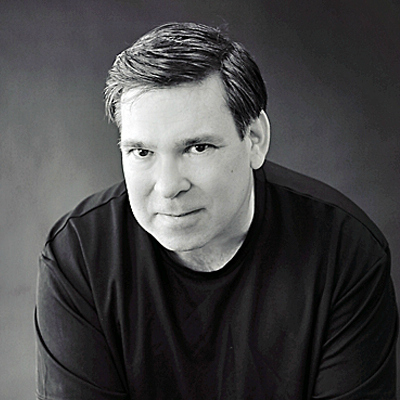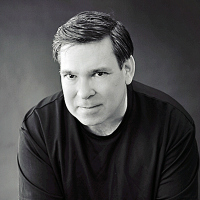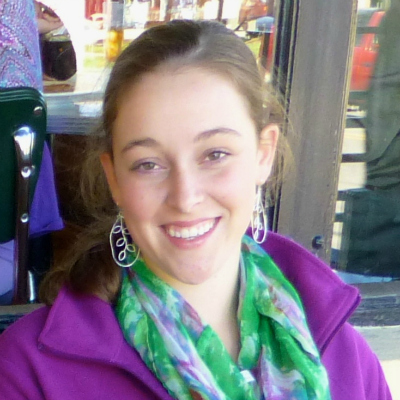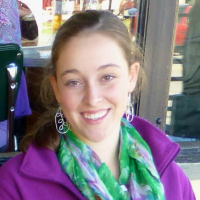Reputation Management: Physician Friend or Foe? Dr. Kevin Pho Weighs In
Physicians know they need to be concerned about online reputation management. Getting started in social media can be a real challenge for physicians. Determining which platform to join, what to monitor, what to say or not to say. It can be very complicated. Healthcare social media pioneer Dr. Kevin Pho has plenty of advice on managing social media. He even wrote the book about it! Our conversation with Dr. Pho was wide-ranging however covering a lot of ground. Give a listen to the podcast or drop in on the conversation at the time stamps below:
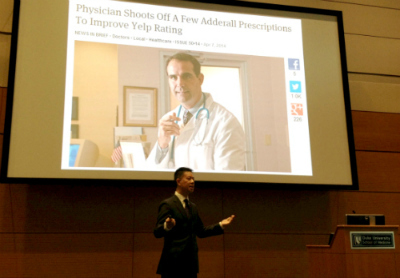 00:00 Introduction
00:00 Introduction
00:50 Content Aggregation
02:10 How do you curate 2,000 voices? KevinMD.com
03:15 Circle of Influence: How big should it be?
04:26 Are your patients active in social media?
10:17 Minimum commitment to be in social media
12:00 Doximity
13:10 Positive aspects of social media
17:15 Claim every profile?
19:00 Balancing social media and an active practice
20:40 When are you “live” in social media?
23:25 The “next big thing” may be small
25:08 Consumer Electronics Show: Healthcare apps and wearables
26:30 Elderly and chronically ill left out of health innovation
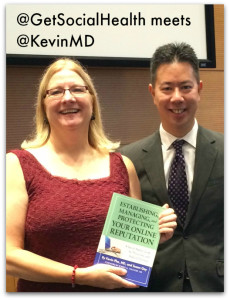 29:50 Bad review response
29:50 Bad review response
33:20 Don’t sue – “The Streisand Effect”
35:20 Social media tools: Hootsuite, Bufferapp, Buffer Blog
LinkedIn group
37:52 Social Media Tip: Chris Boyer “It’s a Marathon.”
http://www.kevinmd.com/blog/
Podcast: Play in new window | Download

